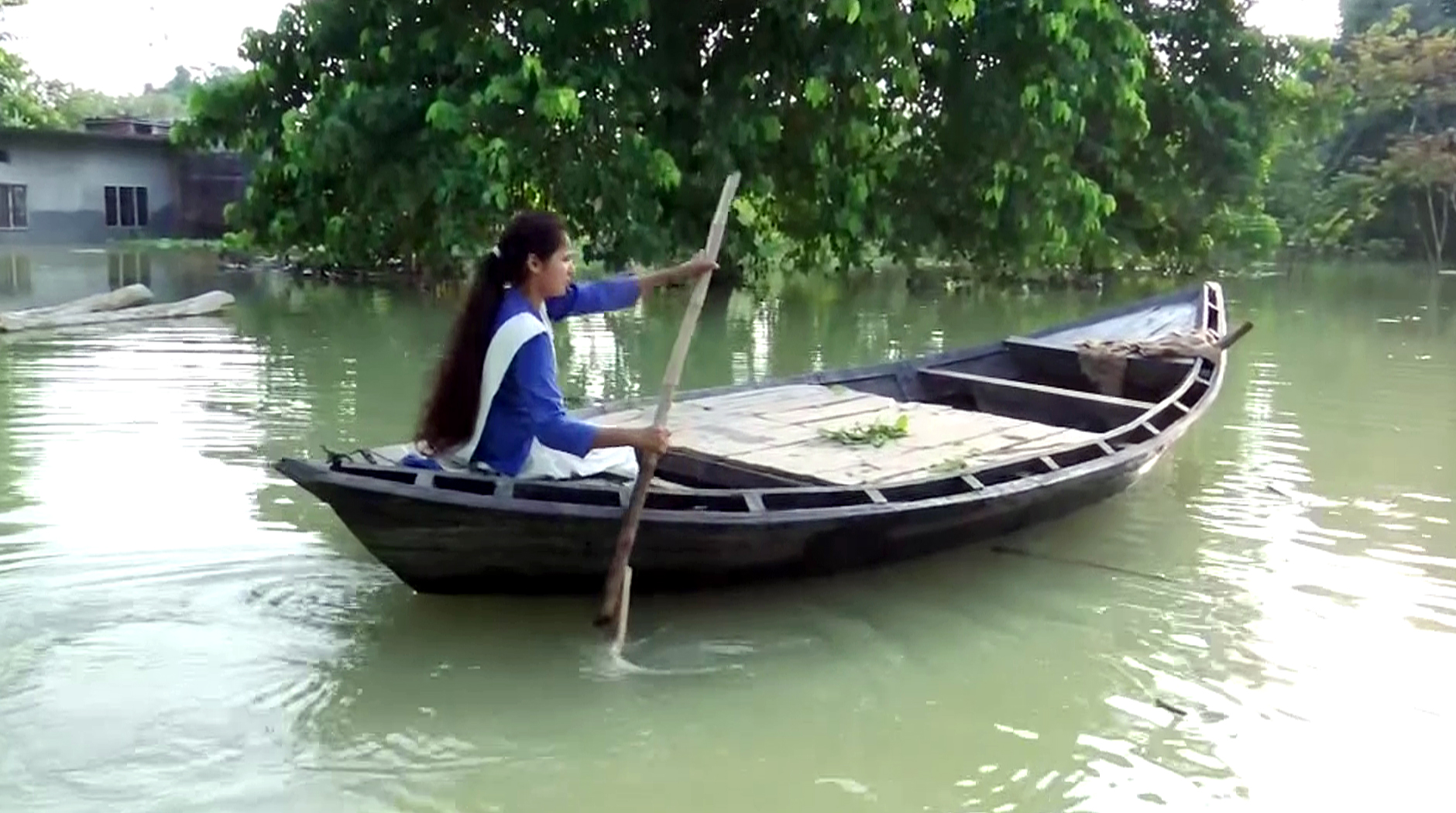It is a conundrum between the English divide, the digital divide, the absence of windows of opportunities, distances in difficult geographical terrain, lack of exposure to options in life/career choices.
The ASER (Annual Status of Education Report: Rural) surveys have been available since 2005. NCERT (National Council of Educational Research & Training) surveys on rural education have also been done. A Covid-time survey by an English daily newspaper says that 48% of sampled rural children were not able to read more than a few words.
The story of rural education is definitely grim. Socio-economic factors grossly compound the realities. The real stories reflect an entire generation going waste. All names below have been changed.
Green-eyed, with a beatific face and gorgeous smile, Rajiv was a promising 12th grader, with qualities to make it in life. He chose not to respond to counselling and went his way. Recently, after a gap of a few years, this is his story. He studied BCom and MCom. Now, he ferries a boat for tourists at a local resort.
Niharika has almond eyes, smiles a lot but hardly speaks. She had always been good at her studies. Her wish was to go in for higher education and then become a teacher. Family circumstances have come in the way. Niharika’s father is an alcoholic, so it is her older brother who makes decisions.
Though Niharika was a 12th topper, her brother did not allow her to go to the nearby city, Nainital (25 km away), to join university. It would put his sister at risk of social elements is what is generally understood by neighbours. The maximum she has been permitted is to go to a computer institute about 6 kilometres away. Just some redundant, basic training, which will be ineffectual at work. Her brother plans to put her up for an “appropriate government job” application and interview process, as and when he hears of it. A guard-like clerk outside the chief doctor’s entrance ferrying parchaas at the local Community Health Centre? The teacher dream is already left behind.
Nihal was a bright and dedicated student. Unfortunately, he had inherited the deeply-rooted arrogance of very upper caste families. It brought a trait with it—of believing he is above reprimand, advice and counselling. His father and he would know the best. He wished to be a doctor and return to serve the community. He never got the marks for the entrance exam. A routine B.Sc followed. Now, he too ferries a boat for tourists.
Rupal, Charushi and Hema have identical fates after their 12th grade. Rupal and Charushi are very intelligent and were toppers too. At one point, they had expressed a wish to either become a police officer or a nurse. Counselling was provided for the same, but family support was weak and the girls lack the grit to pursue their dreams on their own.
So, Rupal and Charushi have opted for a standard BSc, with no idea what they will do in future. On one hand, they are highly creative and very skilled in painting. In terms of access and facilities, they have no opportunities like a Delhi College of Arts as an option. On the other, they cannot understand the university lectures in English. They passed out from a Hindi-medium government school. Degree, yes. Education and skill?
As for Hema, she is an ebullient girl, who just cannot be put down. Sweet and naughty. Her dream: to be an air hostess. When she speaks, even in Hindi, it is very difficult to understand her. No clarity, no pitch, no confidence. English is a long way off. Hema too is down to a BSc—for now.
Sharda is a very gifted girl in crafts. She has the tenacity to Google and self-learn different skills. She did not make it to the university in Nainital. It may be because of her percentage. Her story: I would have to walk too much between the uni and bus-stop. In desperation, she tried another city, Haldwani, but got the evening slot. It is a one-hour journey, one-way, apart from the downhill walking between home and bus-stop. There was no way the family was letting her out with the darkness factor of unlit roads.
Sharda has a year in hand with nothing to do till she applies for university again.
On this journey, it was worth enquiring about a peer of green-eyed Rajiv, Balram.
Balram’s father has attitude and a greed for money. He makes sure he imposes this on his kids, though they seem not to have his traits. It does confuse them, though. Balram had a lot of interest in lifelong skills learning. His father had other things on his mind. In the tone of a wise informed father, he had once stated clearly: I tell my kids, learn English. That’s the only way you will earn more out of tourists than the other boys.
Today, Balram is neither here nor there. He did his “college” and now ferries a boat. His younger brother, Jatin, did not even go to college. He says he wasn’t interested and saw no point, since he could earn by ferrying a boat anyway. So, there they are. The father probably pushes them to get more “customers” every day. There is little else they can do.
It is a conundrum between the English divide, the digital divide, the absence of windows of opportunities, distances in difficult geographical terrain, lack of exposure to options in life/career choices. It completely complicates, compounds and makes future after rural education a non-starter at its best.
Those who shine, are blessed.
A fruitful impact of the rural education surveys is not visible on the ground. Year after year, youngsters in rural areas continue to languish as deserving but under-served communities.
Neelima Mathur is an India-based Executive Producer, Researcher, Writer, Mentor and Trainer for documentary and NGO films. She is also Festival Director of the Lakeside Doc Festival.

